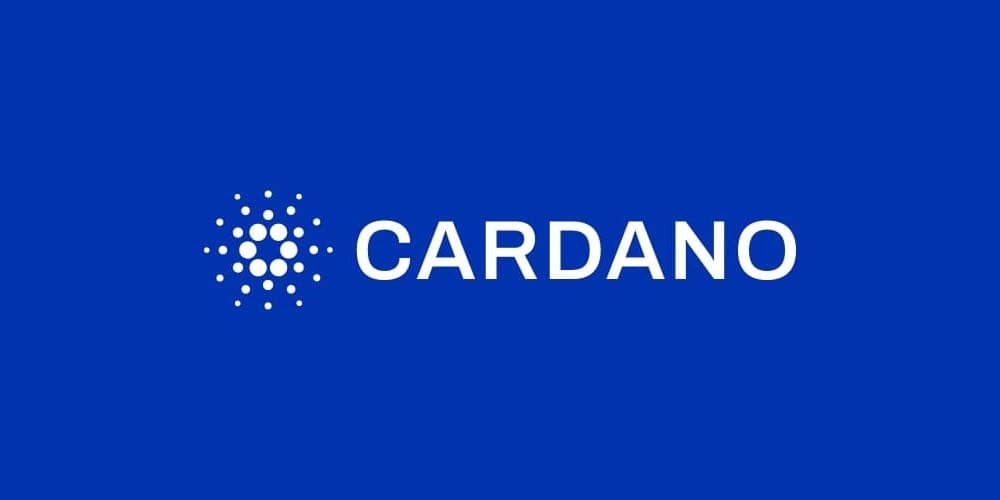The rapidly expanding world of decentralized finance (DeFi) has dramatically reshaped the landscape of financial transactions, providing traders with permissionless access to a variety of financial instruments. This decentralized transformation, however, has also opened the door to considerable security challenges, including high counterparty risks, fluctuating liquidity conditions, and a lack of standardized regulatory frameworks. To guide the next stage of DeFi evolution, Coinbase has introduced Verified Pools, a pioneering initiative designed to reinforce trust, increase transparency, and significantly mitigate counterparty risks in the on-chain trading space.
The Security Challenges of On-Chain Trading
On-chain trading offers groundbreaking efficiency, reduced reliance on intermediaries, and improved financial autonomy. However, it also remains vulnerable to an array of security threats. A major concern in the DeFi ecosystem is the presence of malicious traders who exploit system loopholes, causing users to suffer from liquidity shortages and identity theft risks. Additionally, the absence of comprehensive identity verification mechanisms across many decentralized exchanges means that fraudulent actors can easily conduct scams, initiate unverified trades, and exploit flash loan attacks.
These vulnerabilities pose substantial hurdles to the mainstream adoption of decentralized trading by both retail and institutional investors, limiting the market's growth potential. With institutional capital hesitant to enter an unregulated environment, enhancing security becomes a fundamental prerequisite for driving long-term trust in DeFi ecosystems.
Introducing Coinbase Verified Pools
To tackle these security and trust deficits, Coinbase has launched Verified Pools, a solution that ensures that only authenticated and verified users gain access. By leveraging Coinbase’s advanced identity verification framework, this initiative helps restrict unauthorized and potentially fraudulent actors from participating, reinforcing the integrity of trading within the DeFi ecosystem.
An essential component of Verified Pools is their seamless integration with the Uniswap v4 protocol—one of the most widely utilized decentralized exchange (DEX) solutions. Through the use of customizable smart contract hooks, Coinbase has augmented these pools with improved control over liquidity management, enhanced trader verification, and strategic safeguards that help mitigate counterparty risks. This evolution in security mechanisms is a significant step forward for both institutional and retail traders, allowing them to optimize their trading experiences while maintaining greater control over their digital assets.
How Verified Pools Work
Verified Pools are built on Coinbase’s Base Layer 2 Network, which is designed to facilitate high-speed transactions while ensuring cost efficiency and enhanced scalability. Traders—both individual and institutional—must complete Coinbase’s identity verification process before being granted access, fostering a structured, compliant, and regulated trading environment.
Further strengthening the security framework, Coinbase has partnered with Gauntlet, a blockchain risk modeling firm, to optimize liquidity pool management and conduct advanced risk assessments. By leveraging predictive analytics and financial modeling, Gauntlet helps Verified Pools maintain optimal security and efficiency, enabling traders to engage with confidence.
Impact on Institutional and Retail Traders
For institutional investors, access to Verified Pools represents a major development in secure asset management. One of the primary advantages of these pools is their ability to offer concentrated liquidity, allowing investors to customize their price ranges when supplying liquidity. This feature is aimed at maximizing capital efficiency while affording institutions greater control over their financial strategies.
On the retail side, Verified Pools provide an additional layer of security, making them an attractive option for traders seeking a transparent and trusted DeFi environment. Unlike traditional decentralized exchanges that often lack a robust verification framework, these pools ensure that participants transact in a secure ecosystem backed by Coinbase's compliance standards.
Potential Adoption Challenges
While Verified Pools offer a significant security and trust upgrade in DeFi trading, there are potential adoption hurdles to consider. Perhaps the most prominent challenge is the mandatory Know Your Customer (KYC) process, which certain crypto enthusiasts may find objectionable due to their preference for financial pseudonymity. Resistance from privacy-conscious traders could slow adoption, particularly amongst DeFi users who prioritize full decentralization.
Regulatory limitations may also impact the global expansion of Verified Pools. Compliance with different jurisdictions' regulations remains a crucial obstacle for Coinbase, as some regions impose stringent controls on digital asset services, limiting access to verified trading environments.
Additionally, competition is another factor. Several well-established platforms, including Fireblocks and Chainalysis, offer alternative security solutions for institutional trading. However, the unique combination of identity verification, non-custodial control, and seamless integration with a Layer 2 solution may position Coinbase as a competitive leader in this evolving security-driven DeFi landscape.
The Future of On-Chain Trading Security
Industry professionals anticipate that Verified Pools and other security-enhanced decentralized trading solutions will become a cornerstone in DeFi’s long-term scalability. As decentralized markets strive for greater institutional adoption, transparent and regulated mechanisms such as Verified Pools provide much-needed assurances that minimize trading risks.
As regulatory clarity in the digital asset industry continues to evolve, initiatives like Verified Pools set the precedent for future security frameworks. Coinbase’s effort in developing an industry-standard solution for safe, compliant, and reliable on-chain trading environments could influence broader adoption trends, encouraging other DeFi platforms to implement similar models.
Ultimately, if Verified Pools prove effective in achieving their security and compliance goals, they may serve as a blueprint for the future of institutional-grade DeFi solutions, fostering a new era of trust and accessibility in the crypto ecosystem.





Comments